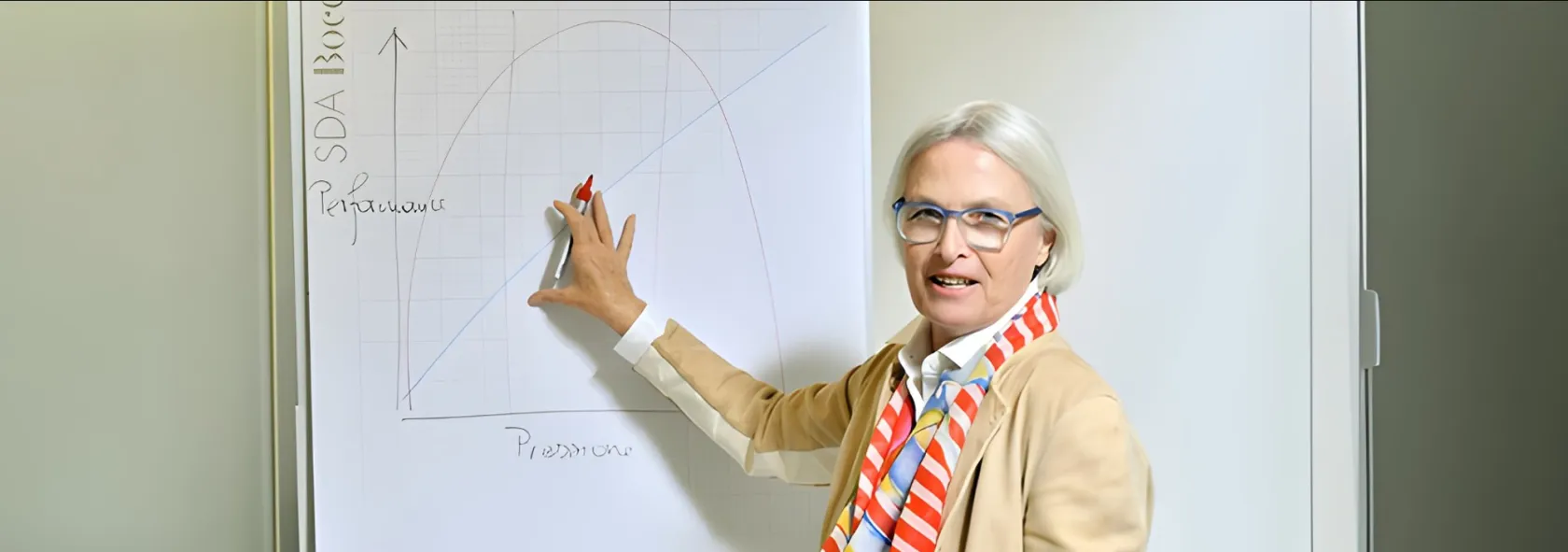
Youth Seeking More Balance
Gallup research points out that the way people are managed affects the well-being and engagement of employees four times more than the work environment, even if investments were made to make it more attractive. It is precisely managing new generations that puts organizations in great difficulty because of their pressing requests for greater respect of their needs about combining working life with private existence.
Traditionally, management of new hires had never given great attention to the professional and personal needs of young people entering the corporate world for their first jobs, something that was mostly considered a period of silent training to be endured with asceticism and sacrifice.
Thus, if today in the selection interview the first thing a young person asks is to be reassured about the possibility of harmoniously integrating the demands of the job with their own private life, for example, by asking for an adequate number of days off to devote to free time, the human resources manager is rarely interested in continuing the interview, as they do not consider that person useful to the company. To the contrary, Marco Serra, who has more than 30 years of experience in the selection and management of talented people in Italy and abroad, believes that it is now essential for every company to give greater attention to the well-being of its own people, particularly if it wants to attract new generations. For Marco Serra, understanding this radical change in young people's motivations is not easy, since it requires careful listening and a real interest in people who approach the world of work with little care for company rules and equipped with social skills skewed by relationships mostly occurring on social media.
Laura Baruffaldi, author of the book 'Leading Millennials' (Egea), addresses the topic of work-life balance in courses dedicated to issues of self-management that are considered fundamental by new generations, but are difficult for companies to manage. In fact, rather than saying work-life balance (a fair balance based on a rigid separation between time and energy devoted to work, and time devoted to leisure and private life), today we talk about work-life integration, that is, the ability to synergistically unite in a more fluid way professional activities and personal needs.
Observing the Generation Z and Millennial participants of her course, the professor notes their greater sensitivity and desire for this type of integration, "but it is as if they are unable to obtain it and in reality they don't even know how to defend it in practice. It is mostly a statement of principle or a demand for a right." In essence, young people seem to have a low awareness of their real needs, and, at the same time, due to a rather narcissistic vision of their personal priorities, have a poor understanding of the reciprocity required by the work environment to achieve these objectives.
In reality, the desire to achieve a less neurotic and stressful work life is the desire (it would be more correct to say the real need) of all employees, GenZ or boomers, bosses or new hires. Stress is the problem that has most damaged workers' health and company performance in recent years. A third of young people between 16 and 24 are psychologically stressed and there has been a doubling of the incidence of depression in the last ten years. The surprising aspect, considering the different generations in a company, is that only the youngest have had the strength to forcefully demand greater attention to employees' well-being. A radical rethink will therefore be necessary on the part of managers to ensure that supervisors who have experienced continuous acceleration over the years and accepted an increasingly lower quality of life, understand the need to promote or at least accept a better work-life balance for people new on the job. It is foreseeable that today's talented youth will leave their mark on the organization of work, unlike what happened in the past, when they were asked to quiescently adapt to the company's requests.
In the struggle of organizations to attract talented people, the management of these aspects amounts to a true cultural revolution. Unfortunately, in recent years Italy has not favored a radical change in the management of its human capital in general and young people in particular, and has lost more than 30,000 young talents a year who have left the country to seek professional advancement. Among the youth that remains in Italy, a particularly high proportion of them, 15%, are NEETs (Not in Education, Employment or Training), i.e. they do not work nor study, compared to 5% in Northern Europe. If we want to avoid the disengagement of younger generations, the biggest cultural change required from corporate executives will have to making the transition from a transactional view of the employment relationship - I pay you and you do as you're told - to a deeper psychological connection with people, one which looks at offering a meaningful experience on the job based on professional and personal growth. Will they manage to?
